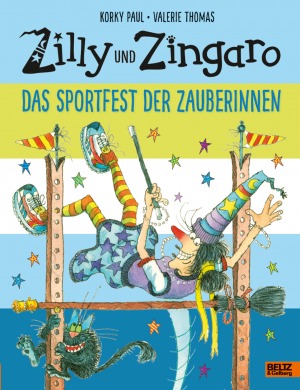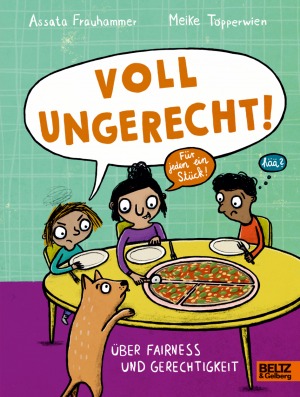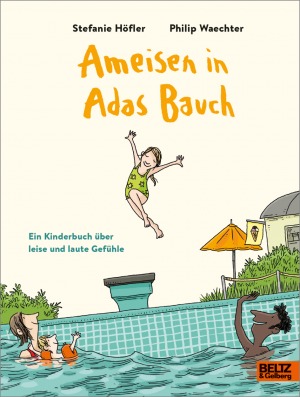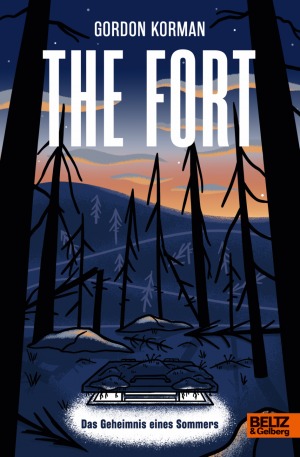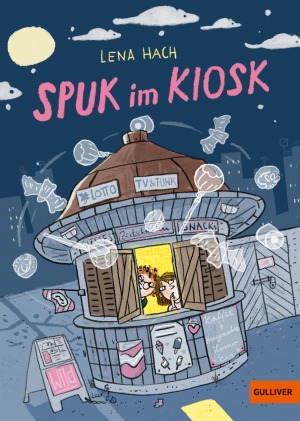The Publishing House and its History
The Beltz Publishing House was founded in 1841 in Bad Langensalza and has been publishing not only books for children and teens since 1971, but also non-fiction books and reference books, the social science program Beltz Juventa and specialized books and magazines covering psychology and education, including Germany’s leading magazine on psychology, »Psychologie Heute«.
In 1971, publisher Dr. Manfred Beltz Rübelmann founded the children’s and youth book program Beltz & Gelberg, which was directed until 1997 by Hans-Joachim Gelberg. In 1986 the paperback book series ›Gulliver‹ was founded and 2004 the most successful paperback picture book series ›MINIMAX‹ was added. In 2016 the Beltz Group celebrated their company's 175th anniversary. In 2002 the publishing group acquired the extensive book rights from Middelhauve and in 2012 all the titles from the Swiss picture and children’s book publishing house, Bajazzo.
Every two years the publishing group awards the Peter-Härtling-Preis. An independent jury selects the winner from unpublished children’s and youth book manuscripts. The winning manuscript is later published by Beltz & Gelberg.
Program
Beltz & Gelberg
The whole spectrum of children’s and youth literature ranging from picture and children’s books to teen and non-fiction books is covered by the publishing group. Many well-known and successful authors and illustrators published their first books by Beltz & Gelberg: Jutta Bauer, Peter Härtling, Nikolaus Heidelbach, Janosch, Klaus Kordon, Erwin Moser, Christine Nöstlinger, Mirjam Pressler, Rafik Schami, Axel Scheffler…
Over the course of 50 years, further names have been added to the list: Martin Baltscheit, Zoran Drvenkar, Christian Duda, Christina Erbertz, Wieland Freund, Doro Göbel, Lena Hach, Sybille Hein, Helme Heine, Stefanie Höfler, Jörg Isermeyer, Peter Knorr, Stephan Knösel, Labor Ateliergemeinschaft, Leo Lionni, Salah Naoura, Korky Paul, Alois Prinz, Gerda Raidt, Verena Reinhardt, Ingo Siegner, Philip Waechter, Katrin Wiehle, Martina Wildner...
Besides award-winning and popular picture books and novels for children and teens, small as well as bestselling series shape the program: Katrin Wiehle’s Naturwelt, the 100% sustainable book series for children aged 3, picture books by successful pair Axel Scheffler and Julia Donaldson, witty stories for first readers and to read aloud the »Eliot & Isabella«-book series by Ingo Siegner, the German editions of the bestseller fantasy series »Warrior Cats« by Erin Hunter, selected non-fiction books about nature and society.
Gulliver
In 1986 Gulliver was founded as a paperback program for Beltz & Gelberg. In the 35 years since it has developed into an independent program with a strong focus on the promotion of reading. One important prerequisite for children and teens to read at all, is the desire to understand and actively engage with texts. Children and teens that still need support when reading, find a wide range of books with topics that interest them but at the same time comply with their reading skills. That way they can gradually develop existing skills and create a sense of accomplishment. The program features novels and stories for 5-16 year olds, school readings and novels translated into »Einfache Sprache« as well as the series »Super lesbare Bücher« for children and teens with reading difficulties, who were so far unable to find enjoyable books for their age, interests and reading skills.
The Beltz|Der KinderbuchVerlag
At Beltz|Der KinderbuchVerlag (The Children’s Publisher), classics like »Der kleine Angsthase« which characterized the children’s literature scene of the former German Democratic Republic are re-published. Authors include Benno Pludra, Hannes Hüttner, Eva Strittmatter and Werner Heiduczek as well as the illustrators Werner Klemke, Gerhard Lahr, Ingeborg Meyer-Rey, Elizabeth Shaw and many more.
Current awards
- EMYS-Sachbuchpreis 2023 – Mieke Scheier: Alles Arbeit oder was?!
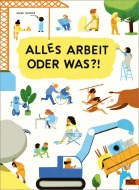
- Deutscher Jugendliteraturpreis 2022 – Autorin und Illustratorin: Emma Adbåge
Unsere Grube Übersetzung: Friederike Buchinger
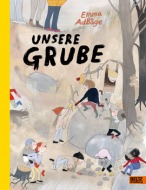
- Die Schönsten Deutschen Bücher 2022 – Christina Steinlein: Die ganze Welt steckt voller Energie - Alles über die Kraft, die uns antreibt

- Hamburger Tüddelband 2022 – Julia Donaldson und Axel Scheffler:
Grüffelo
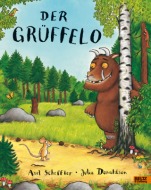
- Kranichsteiner Jugendliteratur-Stipendien 2022 – Juliane Pickel: Krummer Hund
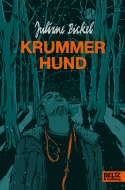
- Kranichsteiner Jugendliteratur-Stipendien 2022 – Lisa Krusche: Das Universum ist verdammt groß und supermystisch
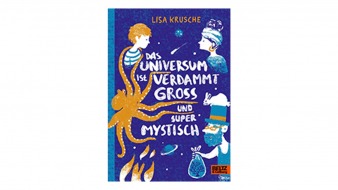
- Leipziger Lesekompass 2022 – Lisa Krusche: Das Universum ist verdammt groß und supermystisch

- Leipziger Lesekompass 2022 – Vashti Hardy: Molly und das Rätsel von Moorland
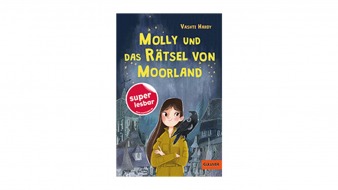
- Die Schönsten Deutschen Bücher 2021 – Julia Dürr: Wo kommt unser Essen her?

- Kinderbuchpreis des Landes Nordrhein-Westfalen 2021 – Philip Waechter: Toni will ans Meer
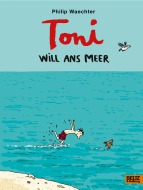
- Leipziger Lesekompass 2021 – Bali Rai: Außer Kontrolle
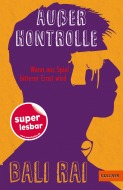
- Leipziger Lesekompass 2021 – Stefanie Höfler: Waldtage!
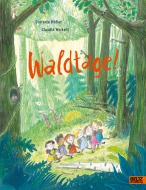
- Luchs 2021 – Juliane Pickel: Krummer Hund

- Österreichischer Kinder- und Jugendbuchpreis 2021 – Elisabeth Steinkellner und Anna Gusella: Papierklavier
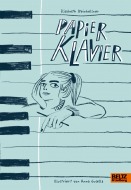
- Peter-Härtling-Preis für Kinder- und Jugendliteratur 2021 – Juliane Pickel: Krummer Hund
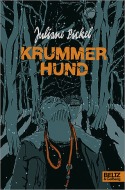
- Deutsch-Französischer Jugendliteraturpreis 2020 – Kristina Scharmacher-Schreiber und Stephanie Marian: Wie viel wärmer ist 1 Grad?
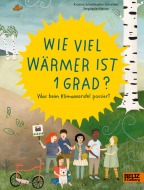
- Gustav-Heinemann-Peace Award for Children's and YA-Books 2020 – Kristina Scharmacher-Schreiber und Stephanie Marian: Wie viel wärmer ist 1 Grad?

- KIMI Kinderbuchsiegel 2020 – Pija Lindenbaum: Luzie Libero
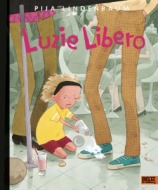
- KIMI Kinderbuchsiegel 2020 – Ola Woldanksa-Plocinska: Tiere haben Rechte: Wir fordern Respekt!
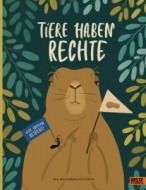
- KIMI Kinderbuchsiegel 2020 – Lisen Adbåge: Die Bestimmer
Illustratorin: Maike Dörries
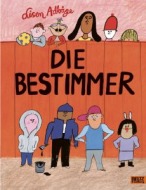
- KIMI Kinderbuchsiegel 2020 – Christian Duda: Milchgesicht
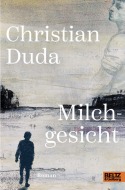
- KIMI Kinderbuchsiegel 2020 – Elisabeth Steinkellner: Papierklavier
Illustratorin: Anna Gusella
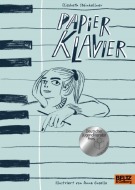
- KIMI Kinderbuchsiegel 2020 – Sonja Eismann: Wie siehst du denn aus?
Illustratorin: Amelie Persson

- KIMI Kinderbuchsiegel 2020 – Karen Foxlee: Alles, was wir träumen
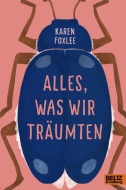
- Literaturpreis Ruhr 2020 – Anne Becker: Die beste Bahn meines Lebens
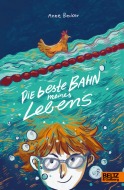
- Wissenschaftsbuch des Jahres - Junior Wissensbücher 2020 – Kristina Scharmacher-Schreiber und Stephanie Marian: Wie viel wärmer ist 1 Grad?

Foreign Rights Highlights
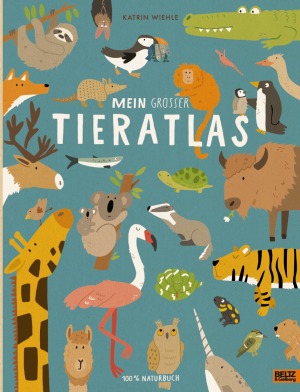 Learn More
Learn More 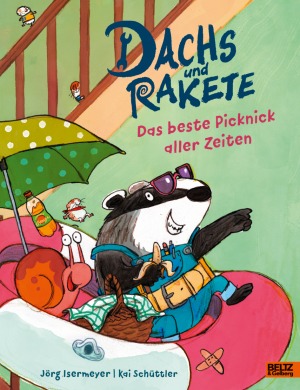 Learn More
Learn More 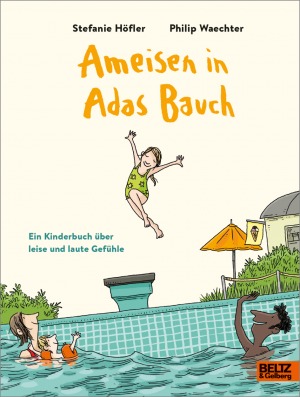 Learn More
Learn More 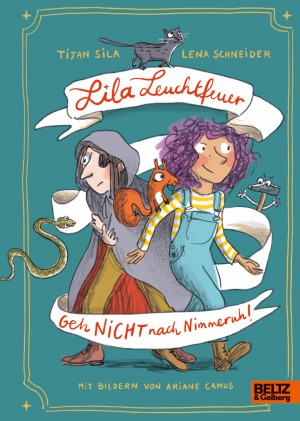 Learn More
Learn More  Learn More
Learn More 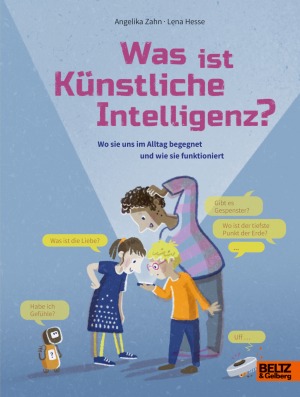 Learn More
Learn More

- Katrin Wiehle
- Illustrated by Katrin Wiehle
- Autumn 2023, 16 pages, 25.0 x 32.7 cm
- Boardbook
- Ages 3+
- Rights sold to Denmark
- Website
This large atlas showcases 120 very special animals from around the world. In Africa, hyenas, elephants and okapis say good night. In the USA, the whistling hare is wary of the poisonous diamond-backed rattle snake, while in the north, the grizzly fishes for salmon. That the wombat poops in cubes and that the opossum carries all her babies around with her are examples of the many exciting and funny facts it contains. All this is communicated by Katrin Wiehle through graphic and warm-hearted pictures with simple texts.

- Jörg Isermeyer
- Illustrated by Kai Schüttler
- Autumn 2023, 30 pages, 21.3 x 28.0 cm
- Hardcover
- Ages 4+
- All rights available
- Website
Badger and Rocket, the snail, are in the mood for an excursion with a picnic. So they pack the following: olives, watermelon, chocolate cake, blanket, thermos flask, books, Viking chess set, bathing suits, raincoats, rubber dinghy, rope, hammock…but who should carry all that? Rocket has the answer. A staycation instead of an excursion! And all their friends join in enthusiastically.

- Stefanie Höfler
- Illustrated by Philip Waechter
- Spring 2024, 144 pages, 16.8 x 22.5 cm
- Hardcover
- Ages 6+
- All rights available
- Website
Ada is looking forward to going to school, but sometimes she feels a twinge of fear. Stefanie Höfler describes all these jumbled feelings in many touching episodes that become one big story. Whether it's about tingling chocolate-cake feelings or stupid arguments. About anger at her little brother or jealousy of Leila. About courage and trust. Philip Waechter's poetic pictures and comics dive into the depths of all those contradictory feelings.

- Tijan Sila/Lena Schneider
- Illustrated by Ariane Camus
- Spring 2024, 224 pages, 14.9 x 21.2 cm
- Hardcover
- Ages 9+
- All rights available
- Website
Lively Lila Leuchtfeuer, with a mop of curly hair, is a young “magichanic” - and she’s in trouble. She's opened her father's workshop without permission, and on this very day, the fearsome witch Tremebunda shows up: Her flying barrel can no longer be steered; a vain woodworm has taken up residence in it. To escape Tremebunda's anger, Lila is forced to accept the job of repairing the barrel. Along with the witch's servant Philomeno, the talking hammer Hubert and the nimble forest spirit Willi, she plunges into the adventure of her life. With captivating illustrations.

- Anne Becker
- Autumn 2023, 173 pages, 13.7 x 21.2 cm
- Hardcover
- Ages 11+
- All rights available
- Website
Mats is insanely shy. Ricci is just the opposite. New in class, and pretty punky, she doesn’t mince words and quickly makes herself unpopular because of it. Can Mats be friends with someone like Ricci? Somehow it’s possible, especially because Ricci accepts Mats just the way she is. Yet, a fight ensues because Ricci hides the fact that she doesn’t have a real home and Mats feels betrayed. An authentic novel, sensitive and close to its protagonists.

- Angelika Zahn
- Illustrated by Lena Hesse
- Autumn 2023, 90 pages, 16.8 x 22.5 cm
- Hardcover
- Ages 8+
- Rights sold to Korea, Spain
- Website
Artificial intelligence finds funny new videos for us, plays our favourite song on command or answers our questions. It is everywhere in our everyday lives, in our mobile phones, voice assistants and navigation systems. And it can do much more: teach itself something, read emotions based on voice and facial expressions, or recognize illnesses. That is fascinating, but sometimes also scary. In the future, we'll be using a lot more artificial intelligence. Those who understand how it works can use it consciously.
A book for bright kids and smart families who want to help shape the technology of the future!
Events
All events in German language!
Currently no events. Visit the publisher’s website for up-to-date events (visit website).
Contact

Beltz & Gelberg in der Verlagsgruppe Beltz
Werderstraße 10
69469 Weinheim
Germany
Phone +49 (0)6201 60 07-0
Contact Person
Publisher Marianne Rübelmann (-353)
Director of the Children’s and Youth Books Publishers Petra Albers (-357)
Program Directors Beatrice Wallis (-360), Christian Walther (Gulliver; -328)
Editorial Department Andrea Baron (-391), Sarah Deubner (-424), Barbara Gelberg (-364), Katrin Hartmann (-317), Isabelle Ickrath (-562), Lisa Rossbach (-342)
Marketing Franziska Schiebe (Manager; -440)
Events Sassa Kraft (-399)
Foreign Rights Kerstin Michaelis (-327)
